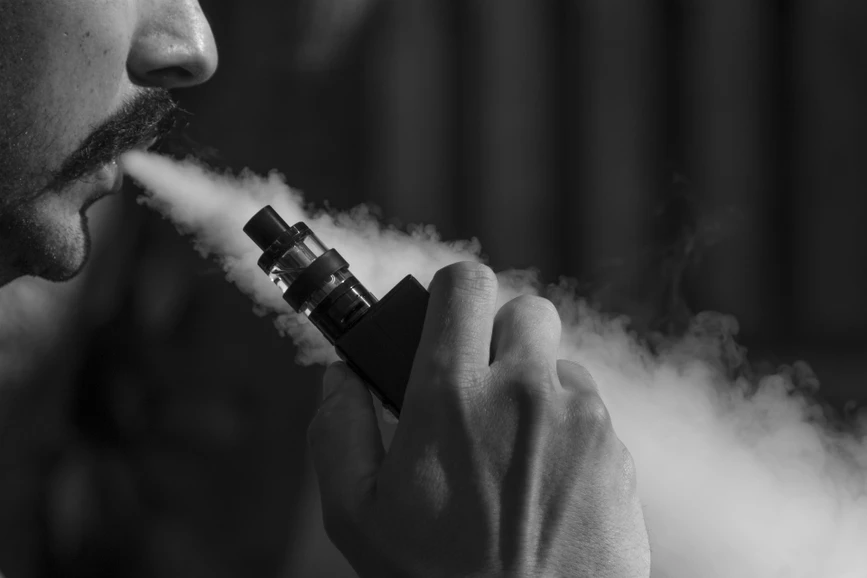Delta Dawn: The Rise of Delta-8-THC, Delta 9-THC & Delta-10-THC

The legalization/decriminalization of cannabis starting in Colorado and passage of the 2018 Farm Bill has led to a dramatic rise of synthetic analogues related to delta 9-Tetrahydrocannabinol (Delta 9-THC) and Cannabidiol (CBD). These non-traditional cannabinoids, including delta 8-THC, delta 10-THC, and varying delta 8-THC, delta 9-THC, and delta 10-THC analogues, are readily available in a variety of products found in varying retail outlets and via the World Wide Web.
The rise of these cannabinoids has led to various analytical challenges, deriving from their similarity in structure, often being isobars, and lack of reference material. Many of these compounds have limited pharmacological data available. Biomarkers are often not characterized or available.
Presented is how the Laboratory for Forensic Toxicology Research at Virginia Commonwealth University has utilized a Shimadzu GCMS-QP2020 and an LCMS-8050 in an attempt to keep pace with the evolving cannabinoid reality. Simple chemical and biological techniques as well as analytical methods of these nontraditional cannabinoids will be discussed.
Presenter: Rachel Lieberman, Moderator (Marketing Manager for Forensic Science, Shimadzu Scientific Instruments)
Rachel received her B.S. degree in Chemistry with minor in Math in 2004 from the University of Cincinnati and her Ph.D. in Analytical Chemistry from University of North Carolina – Chapel Hill under the supervision of Prof. James Jorgenson. In May of 2011, Rachel joined Shimadzu as an Application Scientist in LC and LC-MS/MS at corporate headquarters in Columbia, MD. In 2013, Rachel became a Sr. LCMS Product Specialist and was promoted to LCMS Product coordinator in April of 2017. In October of 2017, Rachel became the first Marketing Manager for Forensic Science at Shimadzu Scientific Instruments.
Presenter: Alaina K. Holt
Alaina Holt received Bachelors of Science in Chemistry, and Forensic Science from Virginia Commonwealth University (VCU).After graduation she went on to work at Enthalpy Analytical for one year prior to becoming the Senior Associate Research Specialist at the Laboratory for Forensic Toxicology Research (LFTR) in the Department of Forensic Science at VCU. Presently, she is a second year doctoral student in the Department of Forensic Science though the Integrative Life Sciences program. Her research involves investigating the effects of vaping ethanol and how it may impact legal, medical, social, and economic aspects for users, especially in terms of DUI investigations and drug testing.
Presenter: Justin L. Poklis, D-ABFT-FT
Justin Poklis received a Bachelors of Science in Chemistry from Virginia Commonwealth University in 1996. His is a certified Forensic Toxicologist by the American Board of Forensic Toxicology and presently the manager of the Pharmacology & Toxicology Mass Spectrometer Laboratory at Virginia Commonwealth University. Mr. Poklis has been an author on over a hundred peer review publication and two hundred abstracts/presentations at scientific meetings. Prior to accepting his present position he was a Toxicologist at the Office of the Chief Medical Examiner in North Carolina, work for the Aerosol Research Group at Virginia Commonwealth University, the Medical College of Virginia Hospitals Toxicology Laboratories and Scientific Test Laboratory, a SAMSHA certified drug testing Laboratory.
